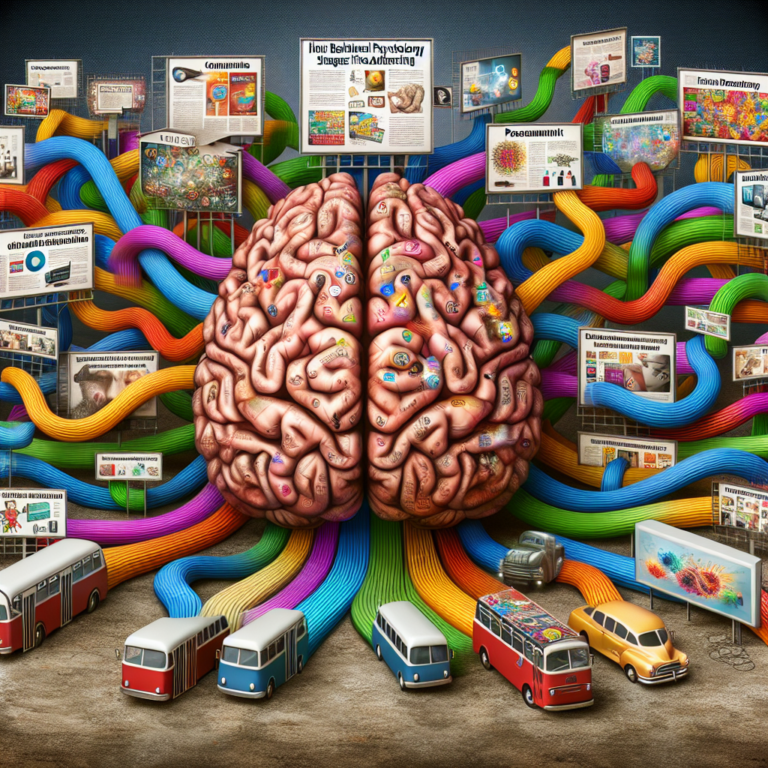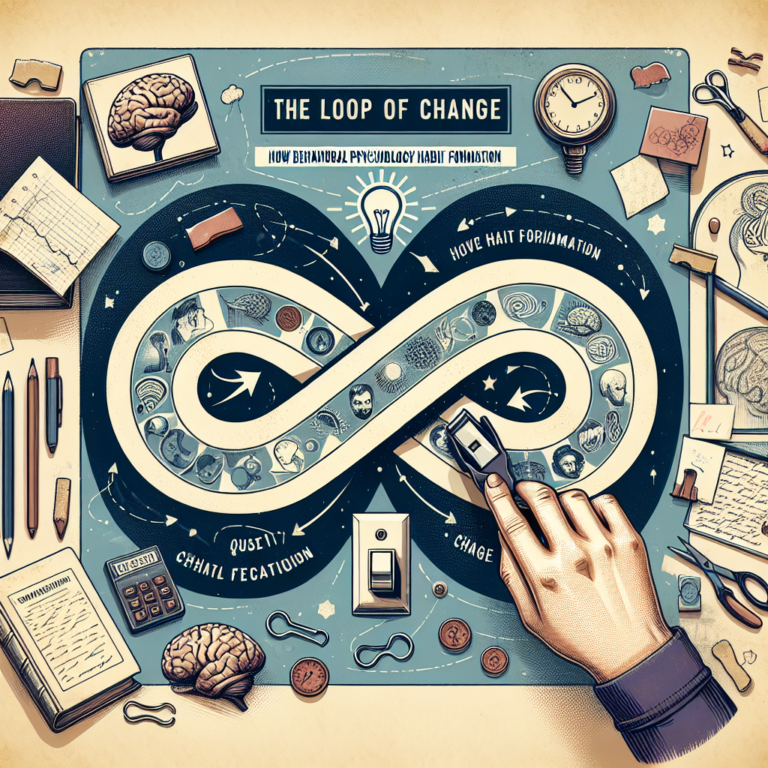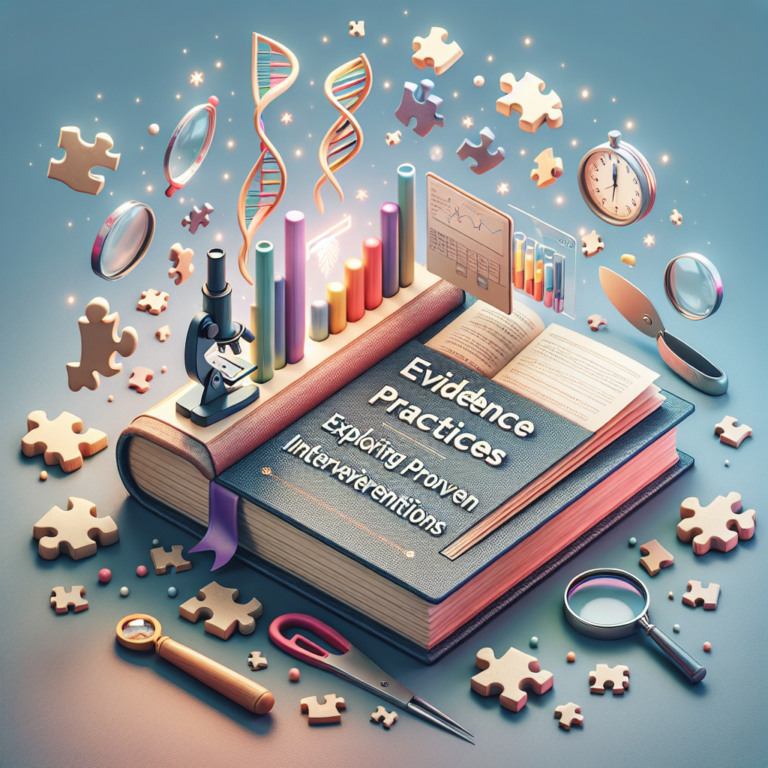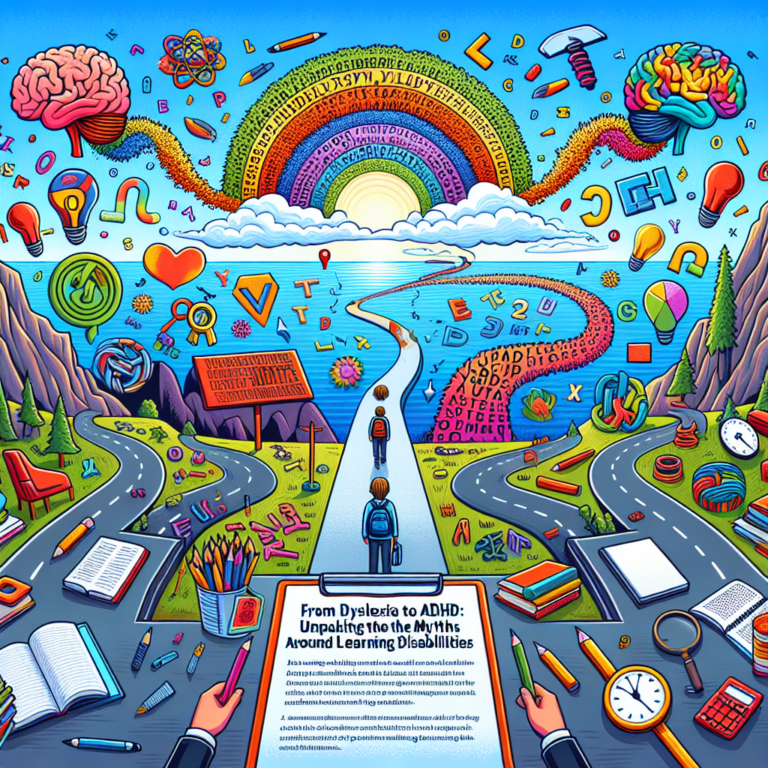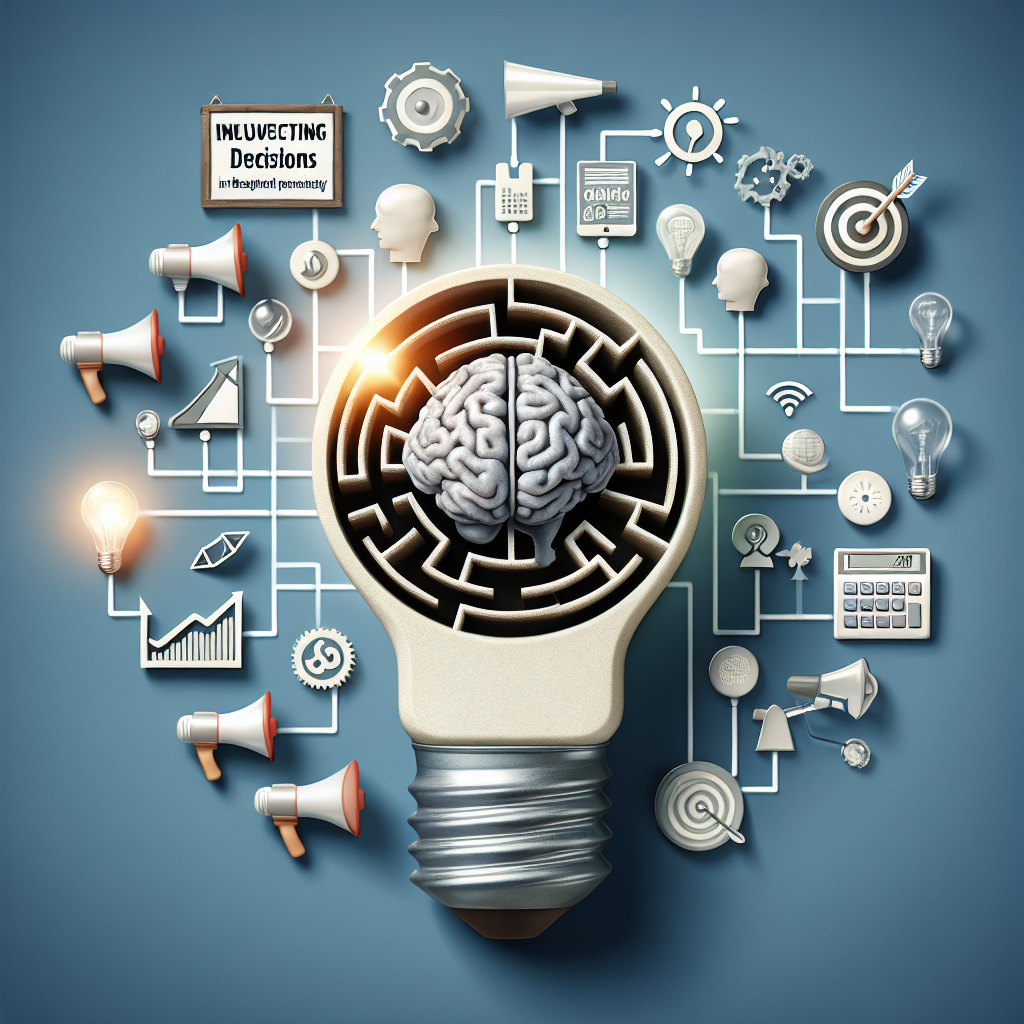
Influencing Decisions: The Ultimate Role of Behavioral Psychology in Effective Marketing Campaigns
Introduction
In the fast-paced world of marketing, understanding what makes consumers tick is essential to crafting campaigns that resonate. As brands grapple with an ever-evolving landscape, the pivotal question remains: how can marketers effectively influence decisions? The answer lies in the intricate dance between psychology and marketing. Influencing Decisions: The Role of Behavioral Psychology in Effective Marketing Campaigns illuminates this relationship, bringing to light how psychological principles can not only shape consumer attitudes but also drive purchasing behavior. With an engaging blend of case studies, practical insights, and captivating examples, this exploration reveals the profound impact of behavioral psychology on marketing strategy.
The Foundation of Behavioral Psychology in Marketing
Behavioral psychology examines how individuals make decisions based on their feelings, experiences, and social influences. This field rests on the principle that people do not always act rationally; instead, they are often driven by emotions, biases, and external stimuli. When applied to marketing, this understanding becomes a powerful tool for influencing decisions.
Key Principles of Behavioral Psychology
Cognitive Biases: These are systematic patterns of deviation from norm or rationality in judgment. Marketers can leverage biases such as loss aversion, which suggests people prefer to avoid losses rather than acquiring equivalent gains. For instance, if a campaign emphasizes what consumers stand to lose by not using a product, it can trigger a stronger response.
Social Proof: Humans are inherently social creatures. They often look to others for cues on how to behave. Incorporating testimonials, reviews, and user-generated content can significantly enhance a campaign’s effectiveness by providing social proof.
Reciprocity: This principle states that when someone does something for us, we naturally want to return the favor. Marketers can utilize this by offering free samples or valuable resources to create a sense of indebtedness.
- Anchoring Effect: This cognitive bias indicates that people rely too heavily on the first piece of information they encounter. A marketing campaign that strategically sets a high initial price can make subsequent discounts appear more attractive, thus influencing decisions.
Real-World Applications: Case Studies in Behavioral Marketing
Case Study 1: The Influential Power of Scarcity
A prominent example of Influencing Decisions: The Role of Behavioral Psychology in Effective Marketing Campaigns can be observed in the famous marketing strategy employed by luxury brands. For instance, consider the case of a high-fashion retailer that strategically uses limited-edition items. By promoting scarcity, these brands compel consumers to act quickly for fear of missing out (FOMO).
Analysis: This campaign effectively uses loss aversion and the scarcity principle to influence decisions. When consumers perceive that an item is rare, it increases its desirability, leading to quicker purchasing decisions.
Case Study 2: The Psychology of Discounts
Target’s marketing campaigns have wonderfully illustrated the concept of the anchoring effect. By frequently showcasing their original prices next to discounted prices, Target conditions its customers to see savings, even when the markdown may be minimal.
Analysis: This clever use of pricing strategies exploits the anchoring effect; consumers view the original price as the reference point, making the discounted price seem like a beneficial deal, thus influencing their decisions.
Case Study 3: Testimonials and Social Proof
A pivotal example is found within the realm of tech giants like Apple. When launching new products, Apple leverages customer testimonials and influential endorsements. Their marketing campaigns often feature prominent figures using their products, promoting a community of influencers who serve as a form of social proof.
Analysis: By employing social proof, Apple enhances credibility and opens doors to consumer trust, reinforcing how Influencing Decisions: The Role of Behavioral Psychology in Effective Marketing Campaigns operates effectively.
Case Study 4: The Impact of Color Psychology
Coca-Cola is a masterclass in utilizing color psychology. The brand’s red and white colors are not merely aesthetic choices but are deeply rooted in creating specific emotional responses, such as excitement and happiness.
Analysis: This demonstrates how visual elements can psychologically influence a purchasing decision. Colors evoke feelings and associations that can sway customer behavior toward buying a product.
The Application of Behavioral Triggers in Campaign Design
To capitalize on the insights gained from behavioral psychology, marketers must design campaigns that incorporate these principles seamlessly. Here are some strategies to consider:
1. Personalization Based on Consumer Behavior
Tailoring marketing messages to individual preferences is a potent approach. By employing data analytics to derive insights into consumer behavior, brands can deliver highly relevant content, enhancing engagement and influence over decisions.
2. Create Engaging Content that Sparks Emotion
Emotionally charged content can resonate more profoundly with consumers. Interactive videos, engaging storytelling, and provocative visuals can evoke responses that drive decisions.
3. Foster Community and Participation
Encouraging consumer interaction through social media and brand forums can foster a sense of community. This creates a platform where consumers become brand advocates, enhancing social proof and effectively influencing decisions.
4. Use Behavioral Economics to Frame Offers
Utilizing loss aversion and the principle of reciprocity, marketers can frame offers that highlight potential losses and rewards effectively. Presenting time-limited offers or free trials can create urgency and prompt immediate action.
Tables: Critical Insights on Behavioral Psychology in Marketing
| Principle | Description | Marketing Application |
|---|---|---|
| Cognitive Biases | Systematic errors in judgment | Emphasize losses to motivate purchasing |
| Social Proof | Influence by others’ behaviors | Use testimonials and influencer marketing |
| Reciprocity | Desire to return favors | Offer free trials or samples |
| Anchoring Effect | Reliance on the first piece of information | Set high initial prices, offer discounts |
Conclusion
Understanding Influencing Decisions: The Role of Behavioral Psychology in Effective Marketing Campaigns is not merely an academic exercise; it is an essential component of successful marketing strategies. By leveraging the principles of behavioral psychology, marketers can create campaigns that resonate deeply, effectively influencing consumer decisions and driving sales.
As you embark on your marketing journey, consider how you can incorporate these psychological triggers. Reflect on your messaging, the tone of your campaigns, and the emotional responses you aim to evoke. With practical applications grounded in psychology, effective marketing strategies can indeed become second nature.
FAQs
1. How does behavioral psychology affect consumer decision-making?
Behavioral psychology reveals that consumer decisions are often driven by emotions, cognitive biases, and social influences, which can be strategically harnessed in marketing.
2. What are some effective ways to use social proof in marketing?
You can effectively use social proof by incorporating customer reviews, testimonials, influencer endorsements, and user-generated content into your marketing campaigns.
3. How can urgency be created in marketing campaigns?
Urgency can be created through limited-time offers, highlighting scarcity, and employing countdown timers to prompt immediate action.
4. Why is personalization important in marketing?
Personalization enhances customer engagement by delivering relevant content tailored to individual preferences, which influences purchasing decisions positively.
5. What role do emotions play in marketing?
Emotions significantly influence consumer behavior. Marketing that evokes positive feelings can create a stronger connection with the brand, encouraging purchasing decisions.
With these insights, you are now equipped to harness the profound synergy between behavioral psychology and effective marketing campaigns to influence consumer decisions like never before.




